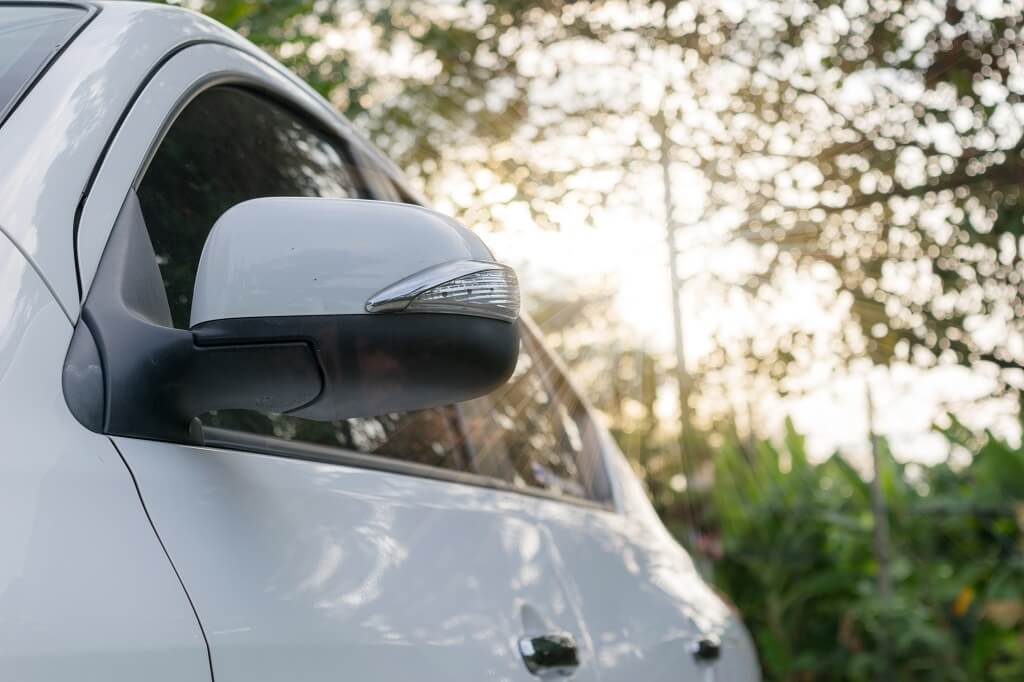Self-driving car city: M-City is a public-private partnership funded by 70 members including major car manufacturers, chip makers, wireless and insurance companies. Every year, it receives about $1.2 million to research things like how humans will interact with self-driving cars and how cities will need to be designed for them.
“There’s a lot of disruption happening in a very short time frame,” said Greg McGuire, M-City Lab Director. “We’re running living laboratories” to test capabilities and effects.
- Ann Arbor is also wirelessly connected using vehicle-to-vehicle communications technology called DSRC so that intersections and vehicle can communicate with each other.
- 2,000 privately owned vehicles are “driving” around Ann Arbor broadcasting messages back and forth 10 times a second.
- McGuire said a few cars will be deployed on campus next month to research how students, bicycles and other cars interact with them.
The problem: There aren’t enough investors tuned in to Michigan startups, and not enough Michigan-based investors in general. As more and more Silicon Valley companies move into the self-driving car market, Michigan has stiff competition for investment, talent and attention. A lot of the university’s graduates are now realizing that if they don’t take the opportunity to start companies to tackle components of self-driving cars, Tesla or another Bay Area startup will, said Emily Heintz, associate director of the Michigan Venture Capital Association.
By the numbers: 78% of the total capital invested in Michigan startups last year came from out-of-state investors, according to the association. More than half of the state’s venture capital currently goes to Ann Arbor-based startups.
- Currently, there are 141 venture-backed startup companies in Michigan, an increase of 48% over the last 5 years.
- But an estimated $504 million of additional venture capital will be needed to adequately fund the growth of those companies over the next two years alone, per the MVCA.
- Every $1 invested in a Michigan startup by a Michigan-based venture capital firm attracts $4.61 of investment from outside Michigan.
Another problem: Old-fashioned Midwestern humility, as Michigan Governor Rick Snyder puts it. Even though Michigan is one of the better-performing Midwestern states when it comes to startups, he says, people don’t know about it. “We have to do a better job telling our story — no one else is going to tell it for us.”


